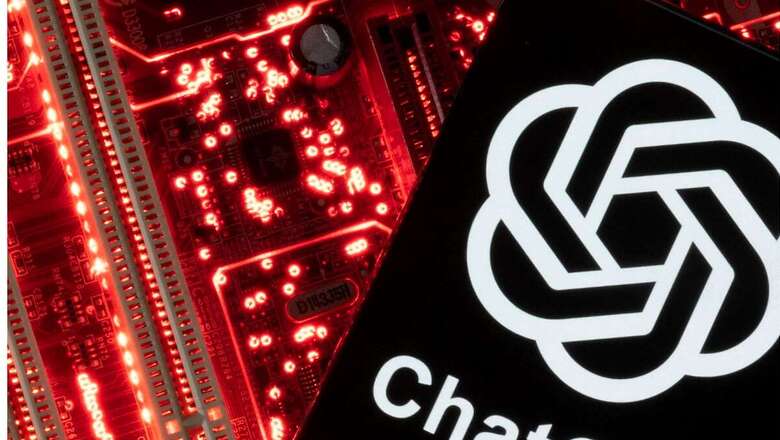
views
Artificial Intelligence (AI) has emerged as both a gift and a difficulty in the field of education in a society powered by innovation. The introduction of ChatGPT, a game-changing AI technology, has altered the way students approach their academic endeavours.
Students may now complete research papers, assignments, and classwork more easily than ever before, thanks to programmes like ChatGPT. However, rising reliance on AI has been regarded with mistrust.
When Lance Eaton, an Administrator at College Unbound in Rhode Island, published a working spreadsheet last year regarding the generative AI rules enacted by universities, it was largely packed with entries on how to restrict tools like ChatGPT. However, the list, which is constantly updated by educators at both small and large United States and international universities, has changed significantly. According to CNN, schools are promoting and even educating students on how to utilise these technologies effectively.
“Earlier on, we saw a knee-jerk reaction to AI by banning it going into spring semester, but now the talk is about why it makes sense for students to use it,” Eaton, college administrator, told CNN recently. He claims that his increasing list is still being discussed and shared in major AI-focused Facebook groups including Higher Ed Discussions of Writing and AI, as well as the Google group AI in Education.
“It’s really helped educators see how others are adapting to and framing AI in the classroom,” the administrator at Rhode Island-based College Unbound said. “AI is still going to feel uncomfortable, but now they can now go in and see how a university or a range of different courses, from coding to sociology, are approaching it,” Eaton added.
With more experts anticipating the continuous deployment of artificial intelligence, educators now fear that ignoring or forbidding its usage will be a disservice to students, leaving them behind when starting work.
AI Is Already Being Used By Students
According to a study done by the higher education research group Intelligent.com, nearly 30 per cent of college students used ChatGPT for academics this past academic year, with English lessons being the most popular.
An associate professor of computer science at Vanderbilt University, Jules White, says educators should be specific in the first few days of class about the course’s perspective on employing AI, and that it should be mentioned in the syllabus.
As per reports, White taught a three-week 18-hour online course this year to over 90,000 students, and his work on “prompt engineering” best practices is frequently acknowledged among academics.
Meanwhile, Diane Gayeski, an Ithaca College communications professor, noted that she expects to incorporate ChatGPT and other tools into her curriculum shortly. She previously invited students to work with the programme to create interview questions for assignments, compose social media posts, and analyse the results depending on the suggestions provided.
















Comments
0 comment